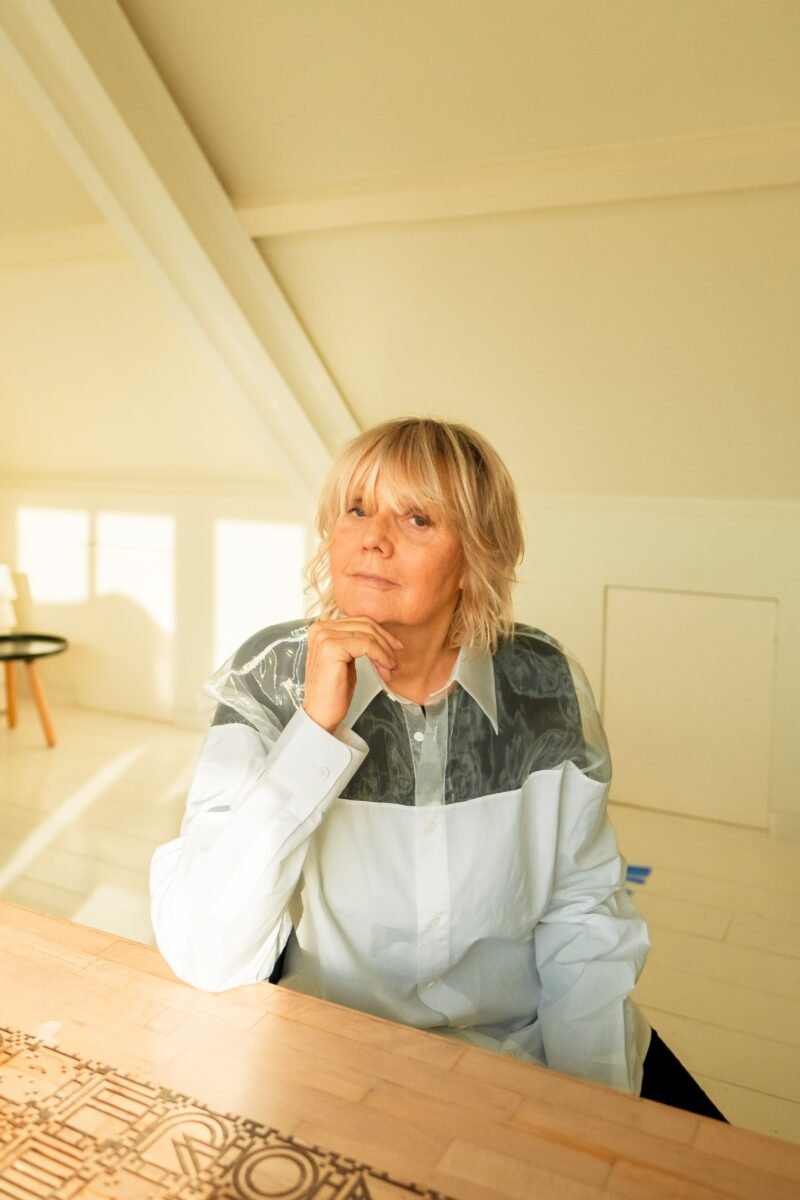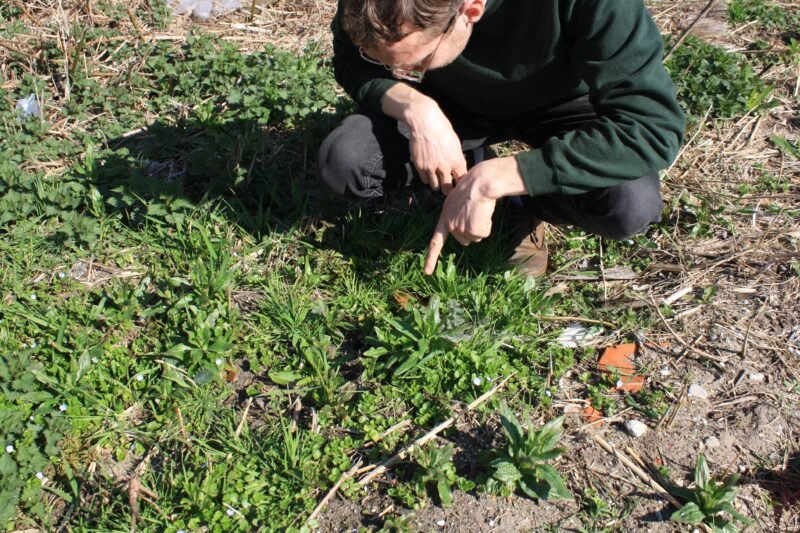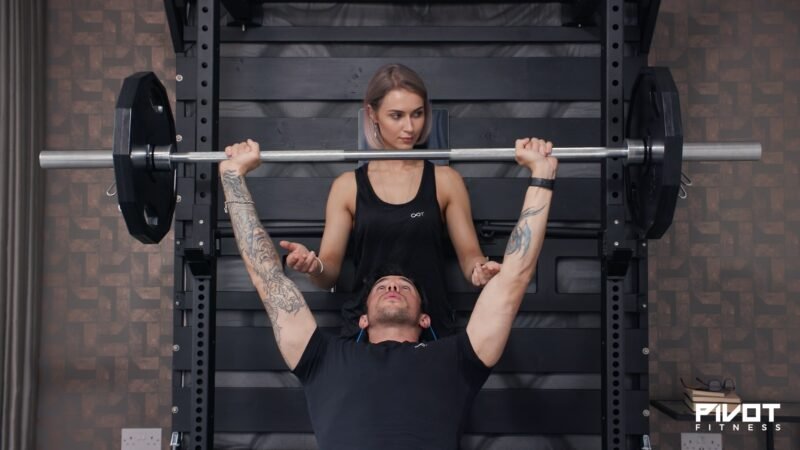River Of Herbs: An Urban Wildlife Medicine Cabinet
Amsterdam-based urban herbologist Lynn Shore has launched a new initiative to create an edible wildlife corridor through the Dutch capital. Amsterdammers are asked to participate by planting herbs in tree pits, pavement gardens, community orchards and other large or small spaces. The River of Herbs, when ready, should result in an eco-friendly alternative medicine cabinet for inhabitants, an edible corridor through the city and a renewed infrastructure for bees.
In May last year, during our Pop-Up City Live show, we invited Lynn to collect ingredients for a live cooking show with herbs and plants harvested on the sidewalks of Amsterdam, which turned out to be quite some fun. The River of Herbs initiative kicks off on February 3th. We dropped Lynn some question about the project and about urban wild-life edibles in general.

Lynn Shore at Pop-Up City Live
What is the River of Herbs project about?
“Growing edible herbs in cities to help pollinating insects and local communities. The Amsterdam project is an edible wildlife corridor, ‘flowing’ from East to West Amsterdam. Local people are planting nectar rich herbs in patches of spare land such as tree pits, pavement gardens and public orchards. It offers free training to groups of locals to help them plant and manage the herbs.”
Where did the idea for the project come from?
“I read about a UK project called River of Flowers, it creates corridors of flowers to help pollinating insects. I love this idea and wanted to combine it with my passion for urban herbs. So I set up River of Herbs to train people how to grow cheap herbs whilst providing nectar for urban pollinators.”

As an inhabitant of Amsterdam, what do you want me to do?
“Grow some flowering herbs! Check out River of Herbs for ideas on herbs to grow and how to get started. Consider adopting a patch of land close to home, maybe a treepit or team up with neighbours and transform your whole street. It takes hardly any time, can cost nothing and will improve the area in many ways. If you need some help, contact us and we’ll connect you with local volunteers.”
What if I’m not living within the barriers of the ‘river’ but want to join anyway?
“Please do! Either join a River of Herbs event to plant along the main route or start a river in your area and tell us about it. The more locals who get involved, the larger the impact. Contact us for more information about projects in your area or setting up your own River of Herbs.”

Hollyhocks
Could you highlight two special herbs that every city should grow?
“I recommend growing Hollyhocks and Rosemary. Both are great urban herbs. They are edible, medicinal and grow strongly in poor soil. They also grow nicely above dog spray height which is helpful if you want to add them to your cooking.”
Are there any dangers?
“Urban pollution from animals, traffic and garbage are often unavoidable but we can reduce the risks by wearing gloves and only harvesting tiny amounts of herbs from public spaces. Also harvest from as high as possible, certainly above waist height, to limit the risk of animal contamination. And of course only pick, wash and use edible leaves and flowers which look healthy, clean and fresh.”



